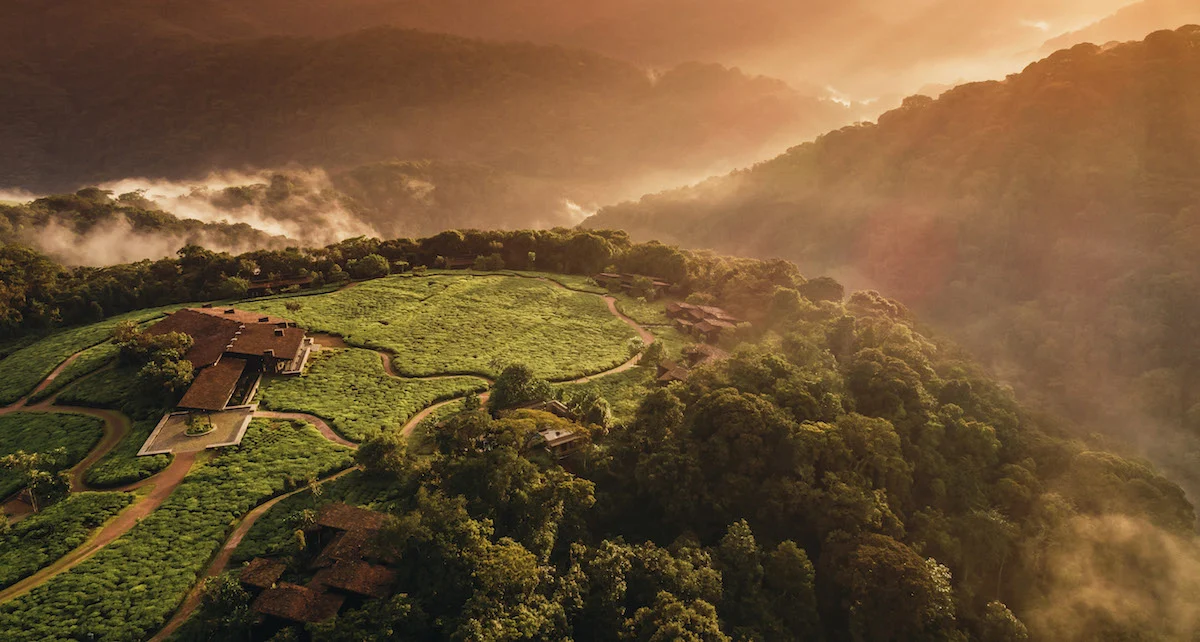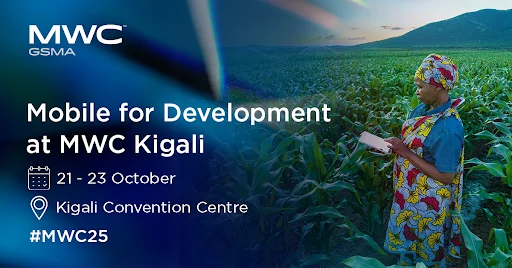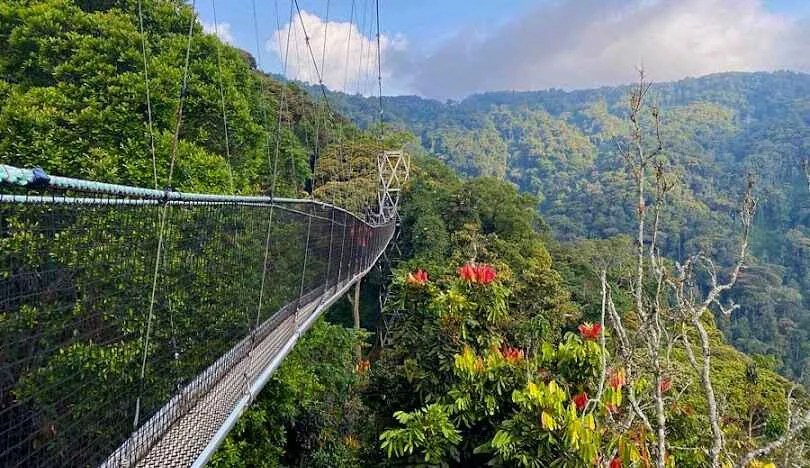Eco-tourism isn’t just a buzzword in Rwanda; it’s a lifestyle that blends wildlife conservation, community development, and responsible travel. From the lush rainforest of Nyungwe to the wetlands of Akagera, Rwanda’s diverse ecosystems rely heavily on revenue from tourism to protect their habitats and support local livelihoods. But as a visitor, how do you ensure your trip leaves a positive impact on both nature and people?
Understanding Eco-Tourism in Rwanda
Rwanda’s push for eco-tourism focuses on minimizing environmental damage while maximizing social and economic benefits for local communities. This approach shapes everything from trekking permits for gorilla conservation to the design of eco-lodges that limit their carbon footprint. Through these measures, the country has become a model for responsible travel in Africa, with structured visits that benefit wildlife and communities alike.
Choosing Eco-Friendly Accommodations
Whether you’re in Kigali or near Volcanoes National Park, selecting eco-conscious lodging is a great first step toward sustainable travel. Look for properties that use solar power, source local produce, and employ community members. Eco-Lodges in Rwanda often feature water-saving initiatives, composting toilets, and waste reduction strategies. Some also contribute directly to conservation projects, ensuring that your stay helps protect the environment.
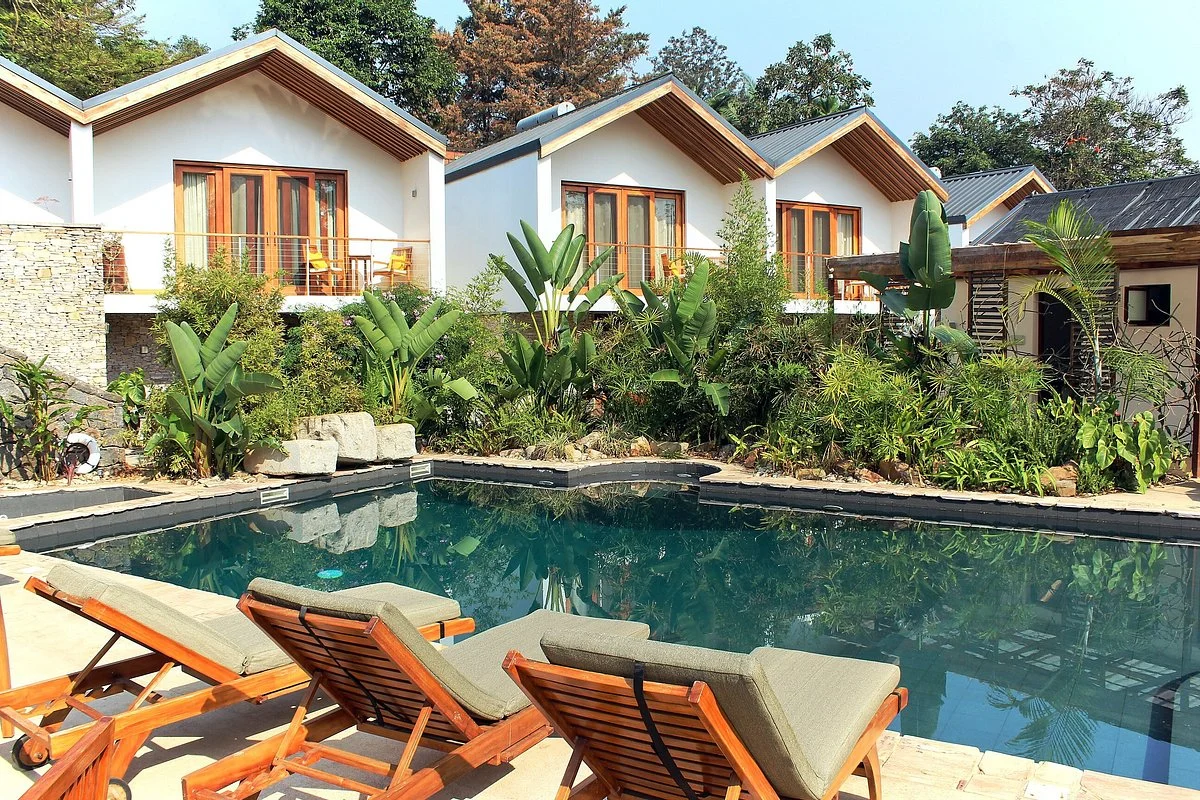
Supporting Community-Based Tourism
Engaging in community-based tourism means you’re spending money where it has the greatest impact. Activities can include:
- Village Walks: Led by local guides who share stories, history, and everyday life insights.
- Cultural Workshops: Learn basket weaving or traditional dance, paying a fair fee that supports artisans.
- Homestays: Immerse yourself by staying with a local family, contributing to their income while gaining an authentic experience.
We coordinate a range of Community Tours so that visitors can connect with people who welcome you into their daily routines, whether that’s cooking traditional meals or demonstrating sustainable farming techniques.
Responsible Wildlife Viewing
Many travelers come to Rwanda specifically for gorilla trekking or safaris. While these activities fund conservation, it’s essential to follow guidelines carefully. For instance, during gorilla encounters, maintaining a distance of at least seven meters helps reduce stress and disease risk. The same goes for safaris in Akagera—respect park regulations and never feed or touch the wildlife. Our Responsible Wildlife Tours ensure guides are certified and knowledgeable about minimizing human-wildlife conflict.
Volunteering & Conservation Programs
Some visitors choose to go beyond simple tourism by volunteering with local NGOs or conservation groups. Opportunities range from reforestation initiatives around Lake Kivu to teaching English or IT skills in rural schools. However, it’s vital to choose reputable organizations that genuinely need short-term volunteer support. If you’re considering a volunteer stint, inquire about the ethical implications and how your skills match the community’s actual needs.
Minimizing Plastic & Waste
Rwanda is famous for its plastic bag ban, introduced in 2008. Upon arrival, travelers may see customs officials checking luggage for single-use plastic bags. Embrace the local approach by packing reusable water bottles, shopping with cloth bags, and avoiding disposable plastics. Many lodges have water refill stations to cut down on bottled water usage. If you’re heading into remote areas, carry reusable containers for snacks or fruit to minimize trash.
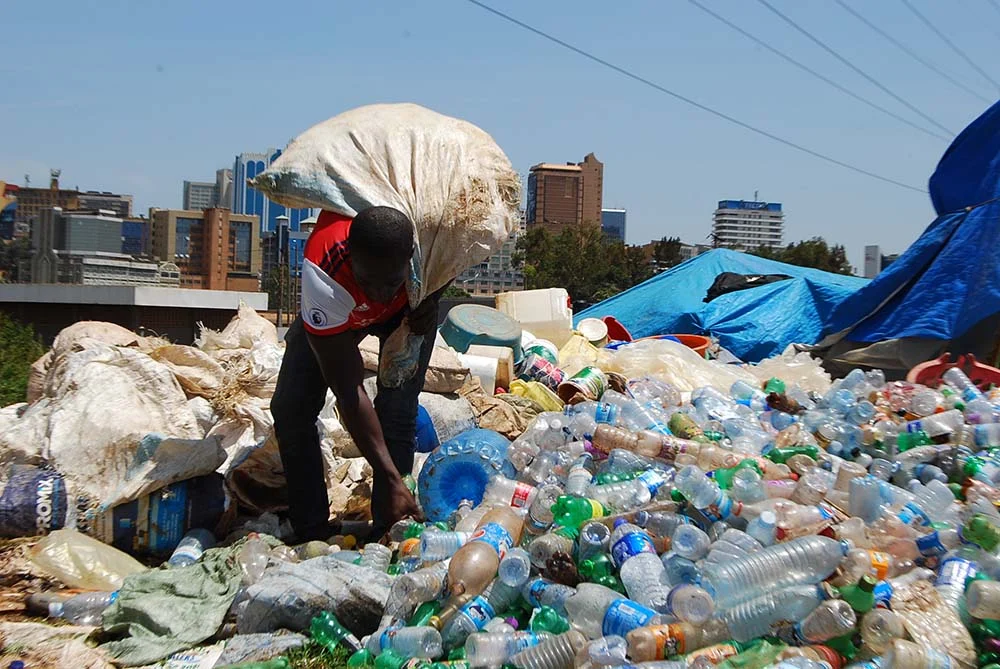
Traveling with a Purpose
It’s easy to focus on once-in-a-lifetime experiences like gorilla trekking, but an eco-conscious mindset means recognizing the broader impact of your trip. Consider offsetting your carbon footprint by contributing to reforestation projects in Rwanda. Some eco-lodges and tour operators have partnerships with local tree planting or carbon offset programs, letting you balance out the environmental cost of flying. Even small gestures—like choosing a vegetarian meal at your lodge—can make a difference.
Cultural Sensitivity
Eco-tourism also entails respecting local customs and traditions. Rwanda’s culture places importance on modesty, politeness, and community harmony. Learning a few Kinyarwanda phrases, dressing appropriately in rural areas, and asking permission before taking photos go a long way in fostering mutual respect. We encourage travelers booking our Sustainable Rwanda Adventure to read up on cultural dos and don’ts before arrival.
Why Eco-Tourism Matters
Rwanda’s transformation from a post-conflict nation to a leading eco-tourism destination shows that tourism can uplift entire communities if done responsibly. Revenue from permits, parks, and lodging helps fund anti-poaching patrols, education, and healthcare. The country’s ban on plastic bags and consistent reforestation efforts demonstrate a national commitment to environmental stewardship. This mindset extends to visitors—by coming here, you’re part of a journey that balances economic growth with conservation.
Eco-travel in Rwanda isn’t about sacrificing comfort or fun. On the contrary, it often leads to more meaningful moments, whether that’s connecting with a village elder over shared laughter or witnessing a once-endangered species thrive in its natural home. By prioritizing local businesses, respecting wildlife, and minimizing your footprint, you become an active participant in Rwanda’s success story.
Share Your Thoughts
Have you recently been to Rwanda ? What activities stood out for you? Share your experiences and opinions in the comments below or let us know what you’re looking forward to the most on your trip. For personalized tours, don’t hesitate to get in touch with us. We’d love to help you craft the perfect adventure!

